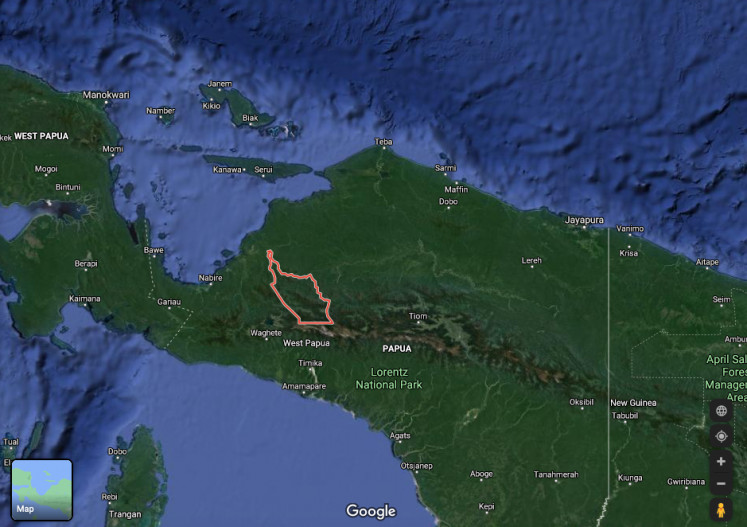RI may be more attractive than China: Fitch
Indonesia may be more attractive to investors than China, especially for corporate debt buyers, thanks to better governance and management, a Fitch Ratings executive says
Change text size
Gift Premium Articles
to Anyone

I
ndonesia may be more attractive to investors than China, especially for corporate debt buyers, thanks to better governance and management, a Fitch Ratings executive says.
Andrew Steel, head of Asia-Pacific corporate ratings group at the major international ratings agency, said in Jakarta on Tuesday that he often got asked by US investors about investment conditions in Indonesia versus China, the world’s second-largest economy, which overtook Japan earlier in 2011.
In the area of governance — which could have a great impact on corporate performance — China ranked lower than Indonesia, the largest economy in Southeast Asia, he said.
“If we compare governance here [in Indonesia] where you have BBB- with China, which has an A+ sovereign rating, we’d actually perceive corporate governance in China to be fractionally worse than Indonesia,” Steel told reporters Tuesday.
“And also, Indonesia is a much more established and developed corporate market than China,” he added, citing China’s communist economy, which created tension for the capitalist model. “So they [Chinese companies] tend to be very, very equity focused, not debt focused.”
Indonesia in the past has learned a lot of lessons about volatility, hedging and currency, so the management teams are better in understanding debt investors’ requirements and the need for stability and predictability, Steel said.
“A year-and-a-half ago, maybe they were interested in China, now it’s more Indonesia and India. Most of them have their focus on Indonesia because they see the scale of the country,” he added.
China began 2011 facing threats of overheating as double-digit economic growth and high inflation prompted policy makers to take efforts to slow down the economy.
Indonesian authorities, on the other hand, are still pushing pro-growth efforts now as the country’s economy grew 6.5 percent last year while annual inflation was at a 20-month low of 3.79 percent in December.
These factors have created a change in wealth distribution, which Steel considered very important from the corporate perspective. “Those give a very good backdrop for the companies to perform well and to achieve stronger growth, which makes it an attractive investment area.”
Aviliani, an economist at Indonesia’s Institute for Development of Economic and Finance (INDEF), said even for a larger scope of investment — not only corporate debt — Indonesia was more promising than China.
“China is the world’s most populous nation, but investments have been full capacity, while Indonesia, the world’s fourth-largest market for consumption, is still in need of Rp 5,400 trillion of infrastructure and real sectors,” she said.









